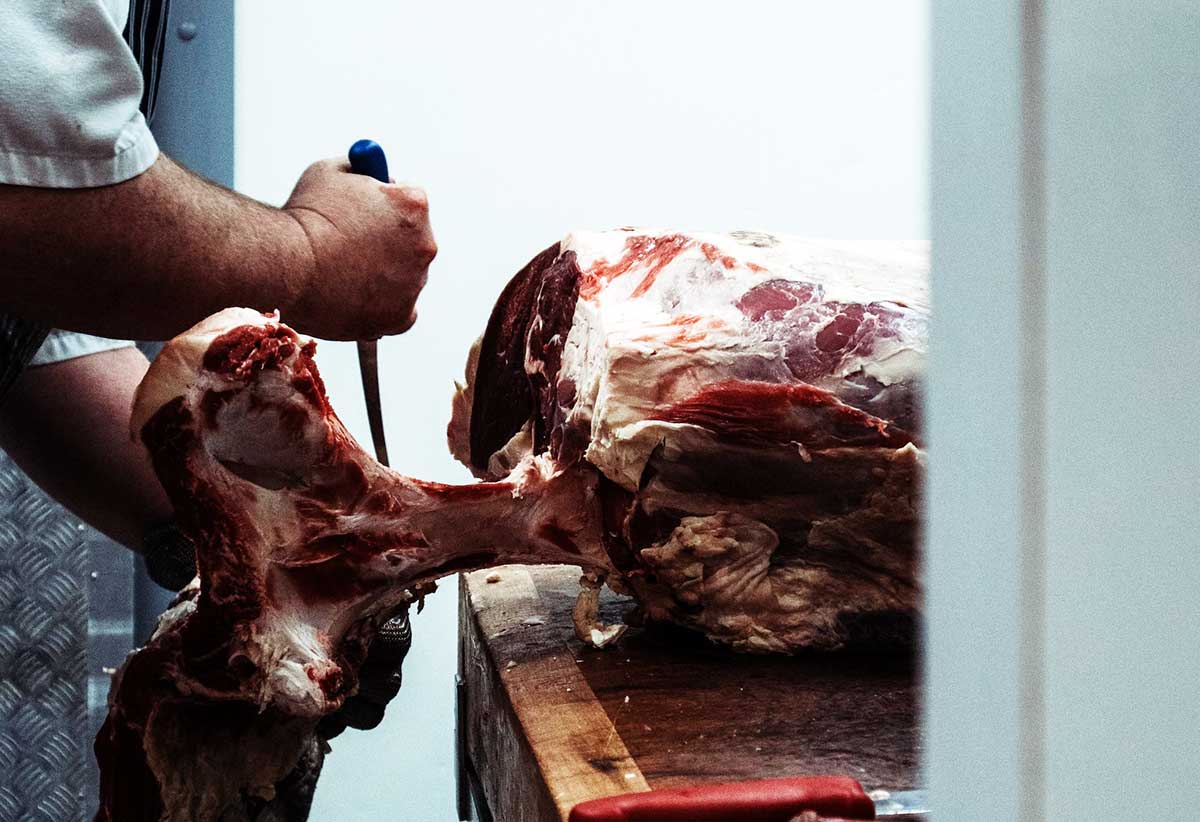
IN anticipation of an increase in the slaughtering of animals to satisfy the demand for local meats during the festive season, the Ministry of Health Wellness and Elderly Affairs will increase surveillance and monitoring of butchering activities in all communities. This is to ensure that persons involved in slaughtering and selling of meats are in compliance with public health regulations, and that the products offered for sale are wholesome and fit for human consumption.
Consequently, the Ministry is taking this opportunity to remind butchers and persons intending to slaughter and offer meat for sale of the following precautions, in order to facilitate a seamless process.
1. All butchers and their helpers must be in possession of valid health certificates.
2. Visit the local Environmental Health Offices to register the date of slaughter and to obtain a slaughter house license.
3. Butchers must obtain a “Butchers License” or permit to slaughter from the Police.
4. All animals to be slaughtered must be onsite 24 hours before the date of slaughter in order to facilitate an antemortem inspection.
5. Permit from the police, antemortem certificates from the veterinary Division, health certificates and slaughter house license from the Environmental Health Division must be presented to the inspecting officer prior to carrying out a post mortem inspection.
6. Slaughter areas must be cleaned before the slaughtering process and be maintained in a sanitary condition.
7. Slaughter areas must have sufficient and well distributed light.
8. The premises must be supplied with potable water.
9. Butchers and their assistants must be appropriately dressed in clean clothes and closed shoes.
10. The carcass and pluck must be hanged in order to facilitate the inspection Sir Stanislaus James Building Waterfront, Castries Saint Lucia, West Indies Communications on this subject should be addressed to: Permanent Secretary.
11. Meat offered for sale must be stored in a manner that protects it from the elements of the weather and against contamination such as flies and dust.
12. Absence of these documents including insanitary conditions and temperature abuse of meat and meat products are breaches of the Public Health Regulations, and may result in the meat being seized and condemned.
13. Consumers must look for the INSPECTED & PASSED stamp which indicates that the meat has been inspected for wholesomeness by officers of the Environmental Health Division. Or a certificate of Wholesomeness issued by the inspecting officer.













